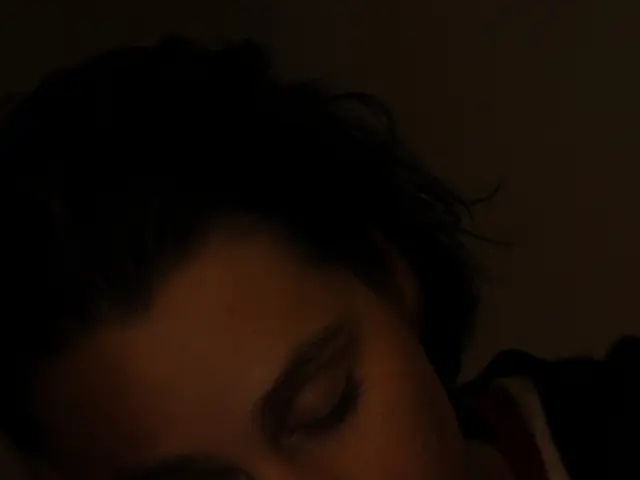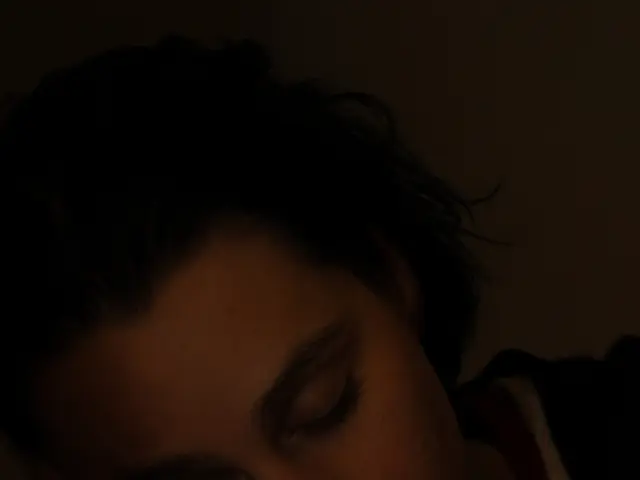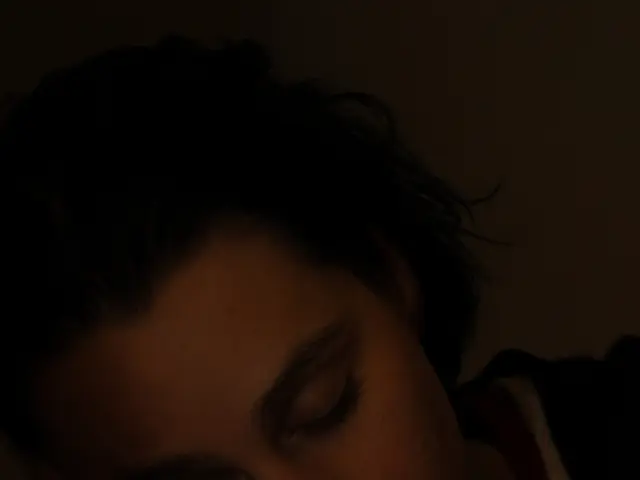Best Choice for Sleep Medication: A Guide
Late-night tossing and turning got you down? If you're dealing with sleepless nights, you might be tempted to grab some over-the-counter pills or even ask your doctor for a prescription. But, how do you know if that medication is right for you? Let's dive into the world of sleep aids and explore the various options available.
What is Sleep Medication?
Simply put, sleep medication is a type of drug that helps you catch those precious z's at night. These pills can either help you fall asleep or stay asleep, depending on your specific needs.
Classifying Sleep Medication
Sleep medication can be divided into two main categories: prescription and non-prescription options. Each category has its own subsets based on their chemical structure and the way they affect your body.
Prescription Sleep Medication
Prescription sleep aids are often classified as sedative-hypnotics, which work by increasing the activity of a chemical messenger called GABA in your brain. These medications can help you fall asleep faster and reduce anxiety. Common types include benzodiazepines, zopiclone, and zolpidem.
Non-Prescription Sleep Medication
For those seeking short-term relief, non-prescription sleep aids are widely available. Standard non-prescription drugs rely on antihistamines as their primary ingredient to promote drowsiness. Common sleeping aids you'll find at your neighborhood pharmacy include Diphenhydramine, Doxylamine, Melatonin, and Valerian.
Benefits and Risks
While sleep medication can help you conquer sleep issues, it's crucial to be aware of the potential side effects and risks involved. Most sleep aids can lead to dependency if used long-term, and they may cause rebound insomnia when stopped suddenly.
Some common side effects include dizziness, headaches, nausea, diarrhea, and daytime drowsiness, while allergic reactions and muscular weakness are also possible.
Safety Considerations
When considering taking sleep aids, it's essential to prioritize your safety by consulting with your doctor, following prescription labels, avoiding combinations with other medicines, and limiting prolonged use. Older adults and pregnant individuals should exercise extra caution when taking any sleep supplements.
Alternative Solutions to Sleep Aids
For those who prefer to steer clear of sleep medication due to the potential side effects, alternative options are available. Cognitive Behavioral Therapy for Insomnia (CBT-I) is a treatment method that targets the behaviors contributing to sleep disorders over a few sessions. It is often used as a first-line treatment for chronic insomnia in adults.
Alternatively, cultivating good sleep habits such as a consistent sleep schedule, limiting daytime naps, managing stress, and creating a relaxing bedtime routine can contribute to better sleep quality.
So, before reaching for the sleep pills, consider exploring these alternative methods. The journey to dreamland may not be as simple as swallowing a pill, but the long-term benefits are worth the effort. And remember, a well-rested mind is a powerful ally in tackling the challenges life throws your way.
For more information on improving your sleep experience and tracking your sleep patterns, check out the ShutEye app. ShutEye is a patented sleep-tracking app that personalizes a sleep plan for you to achieve healthy rest. Try it out today!
- Prescription sleep medications, such as benzodiazepines, zopiclone, and zolpidem, are often categorized as sedative-hypnotics, which increase the brain's production of the chemical messenger GABA to help with sleep.
- Non-prescription sleep aids like Diphenhydramine, Doxylamine, Melatonin, and Valerian predominantly contain antihistamines, promoting drowsiness and aiding in short-term sleep relief.
- Alongside sleep medication, cultivating good health-and-wellness habits, such as regular mental-health practices, consistent sleep schedules, and stress management, can positively impact sleep quality and overall well-being.








